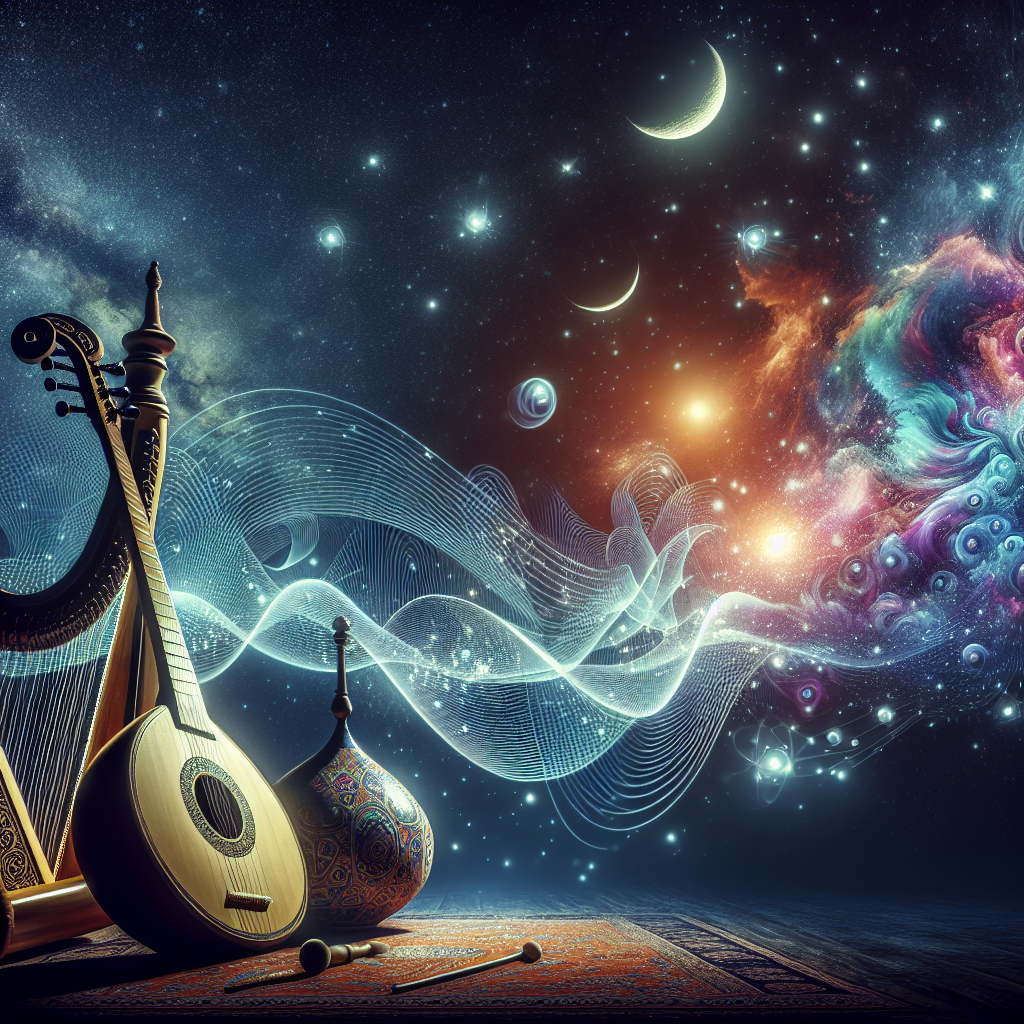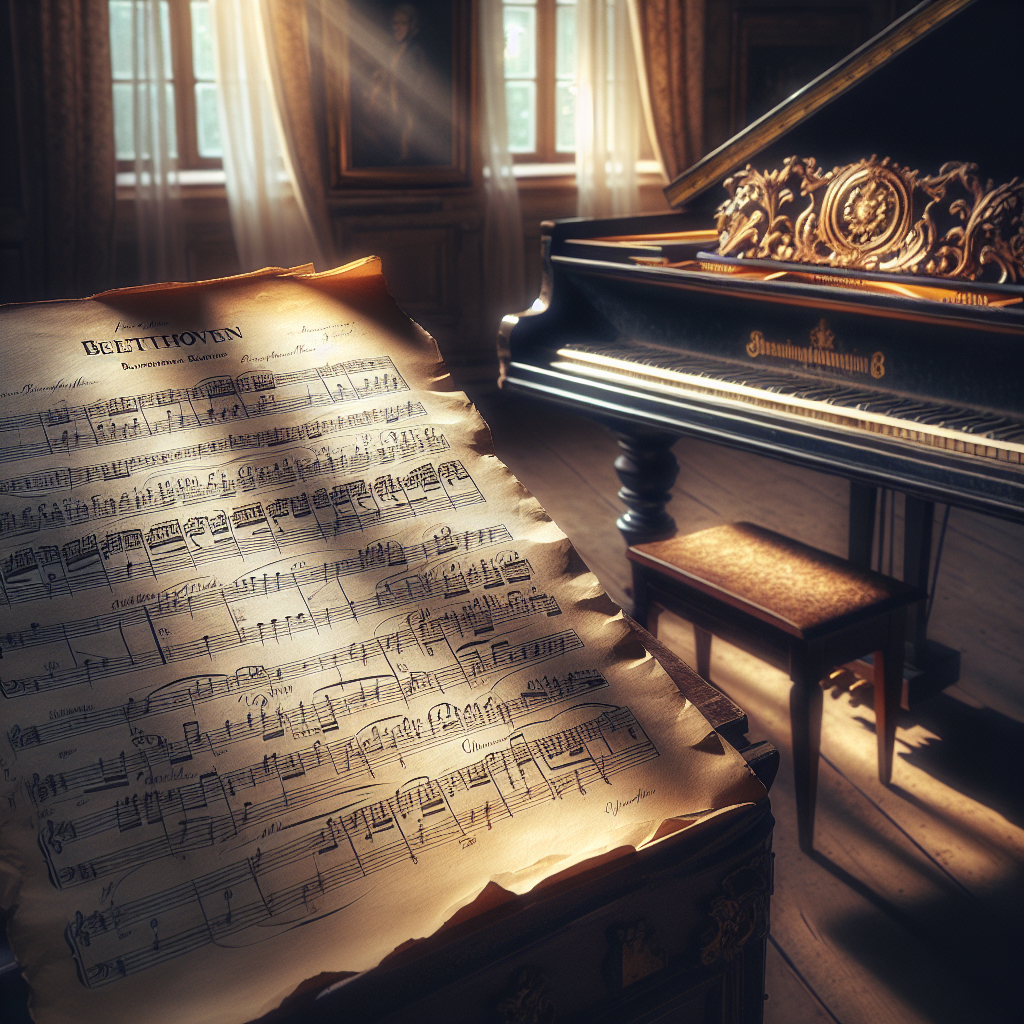Opera is a powerful form of musical performance that has been entertaining audiences for centuries. The aesthetic allure and emotional depth of opera have contributed to its enduring popularity. It has transcended from its inception in the 16th-century Italian Renaissance courts through to its modern-day high-tech theater adaptations. This examination delves into the evolution of this inspiring art form as it journeyed across centuries.
Born in the Renaissance era of Italy, opera was born from the intellectual curiosity of musicians and poets to recreate the Greek drama’s musical element. Early operas were a blend of music, poetry, and dance. Jacopo Peri’s ‘Dafne’ (1597) is often referred to as the first opera, sparking off the evolution of this dramatic genre.
Opera soon spread across Europe, with composers like Claudio Monteverdi, famous for his ‘Orfeo’ in 1607, helping to establish opera as a respected genre. These early operas focused heavily on melody as they tried to capture the audience’s emotions.
The Transition
The 17th and 18th centuries saw significant developments in opera, most notably the differentiation between the recitative and aria. The recitative came to deliver the plot’s essential details, while the aria was used to express characters’ emotions. Composers such as Francesco Cavalli and Jean-Baptiste Lully are notable influencers in this phase.
In the 19th century, opera took on heavier themes, becoming more dramatic and focusing on the exploration of human emotions. Richard Wagner and Giuseppe Verdi rose to prominence during this period, developing distinct styles of opera, with Wagner focusing on the leitmotif and Verdi evolving from the bel canto style into a more dramatic presentation.
The 20th century saw composers push the boundaries of opera further, experimenting with the structure and the narrative style. The traditional tonal harmony was challenged at the beginning of the century, particularly by the Second Viennese School. Later in the century, minimalists like Philip Glass and John Adams created operas with repetitive melodies and rhythm patterns.
The Modern Touch to the Grand Tradition
Octavio Pinto’s ‘A Rainha do Brasil’ performed in Sao Paulo in 1914 was the first opera to subtitled in real-time, thereby raising the profile of accessible opera. As the 21st century dawned, opera entered a high-tech era. Today’s opera takes advantage of technology with advanced stagecraft and special effects. In some cases, traditional orchestra has been replaced by electronic music. Meanwhile, live relays have brought opera to a wider audience, and HD projections now mean that audiences around the world can see opera performances at their local cinemas.
Conclusion
Opera’s journey has always been one of evolution, reflecting changes in society, culture, and technology. From its birth in the courts of Italian nobility to the innovative productions found across the globe, opera has shown itself to be a dynamic and ever-changing entity. As long as culture continues to evolve, so too will opera, ensuring that this dramatic and beautiful art form stays relevant to new generations of audiences.
Frequently Asked Questions
- 1. Who composed the first opera?
- Jacopo Peri with ‘Dafne’ in 1597 is often considered the composer of the first opera.
- 2. What differentiates recitative and aria?
- Recitative delivers the plot’s essential details, while aria is used to express the characters’ emotions.
- 3. Who are the famous composers of the 19th century?
- Richard Wagner and Giuseppe Verdi were prominent composers during this time.
- 4. What is the impact of technology on modern opera?
- Technology has revolutionised the way opera performances are staged using advanced stagecraft, special effects, electronic music and live relays.
- 5. Will the tradition of opera continue in the future?
- As history shows, as long as culture continues to evolve, so will opera, keeping it relevant for new generations of audiences.




